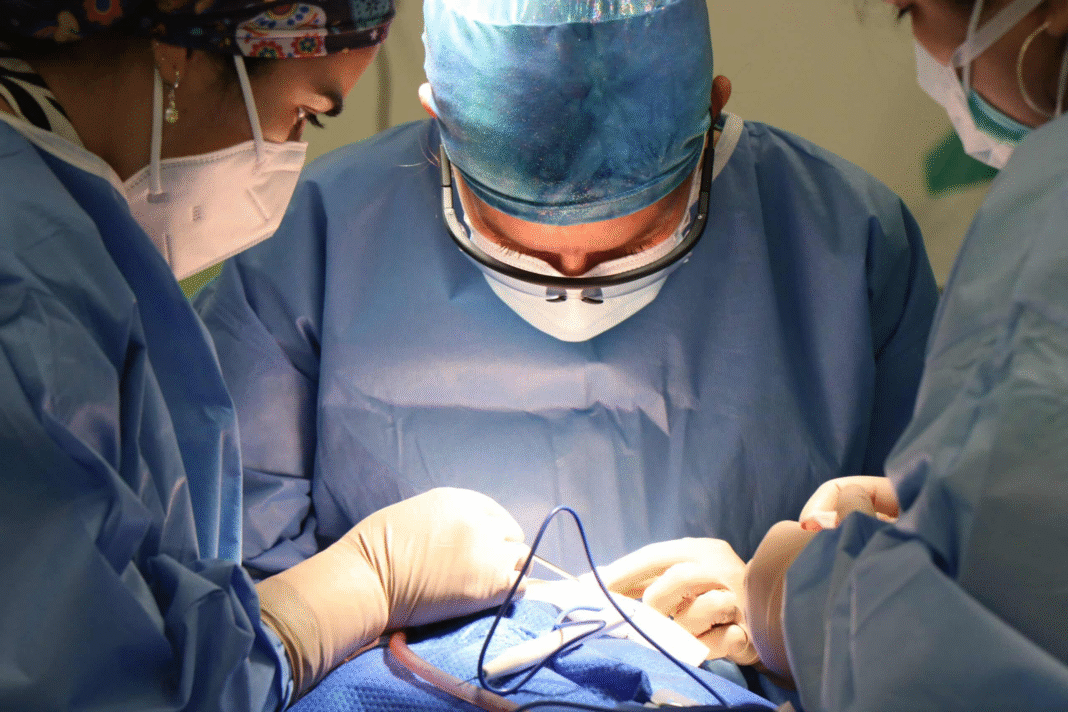When people hear the terms cardiology and cardiovascular surgery, they often assume they mean the same thing. Both deal with the heart and blood vessels, and both are essential in diagnosing and treating heart diseases. However, these fields are quite different in terms of their focus, training, methods of treatment, and patient care approach.
In this article, we’ll break down the key differences between cardiology and cardiovascular surgery in simple language, so you can understand who does what in the world of heart care.
What is Cardiology?
Cardiology is the branch of medicine that deals with diagnosing, managing, and preventing diseases of the heart and blood vessels. A cardiologist is a doctor who specializes in this field.
What Does a Cardiologist Do?
A cardiologist evaluates and treats:
- High blood pressure
- High cholesterol
- Arrhythmias (irregular heartbeats)
- Heart attacks
- Congenital heart disease (from birth)
- Heart failure
- Valve disorders
They use non-surgical methods to help manage heart problems. Common diagnostic tools include:
- ECG (electrocardiogram)
- Echocardiogram
- Stress tests
- Holter monitors
- Cardiac catheterization (for diagnosis, sometimes treatment)
Cardiologists do not perform open-heart surgery. Instead, they use medications, lifestyle changes, and minimally invasive procedures like:
- Angioplasty
- Stent placement
- Pacemaker insertion
What is Cardiovascular Surgery?
Cardiovascular surgery, also called cardiothoracic surgery, is a field that involves surgical treatment of diseases affecting the heart, lungs, and major blood vessels.
A cardiovascular surgeon is trained to perform operations such as:
- Coronary artery bypass graft (CABG)
- Heart valve repair or replacement
- Aortic aneurysm surgery
- Heart transplant
- Surgery for congenital heart defects
These are invasive procedures that often involve opening the chest (thoracotomy or sternotomy) and may require a heart-lung machine during surgery.
Main Differences at a Glance
| Feature | Cardiology | Cardiovascular Surgery |
| Focus | Diagnosis & medical treatment of heart conditions | Surgical treatment of heart and blood vessel diseases |
| Type of Procedures | Non-surgical or minimally invasive (e.g., stents) | Invasive surgeries (e.g., bypass, valve repair) |
| Common Tools | ECG, Echo, Stress Test, CT scan | Surgical instruments, heart-lung machine |
| Hospital Stay | Often outpatient or short stay | Requires hospitalization and recovery time |
| Emergency Role | Treats heart attacks with medication or stents | Handles emergency surgeries like ruptured aortic aneurysm |
| Training Path | Internal Medicine → Cardiology (fellowship) | General Surgery → Cardiothoracic Surgery (residency) |
When Do They Work Together?
Cardiologists and cardiovascular surgeons often work as a team. For example:
- A cardiologist may diagnose a blocked artery and refer the patient for bypass surgery.
- After surgery, the surgeon may send the patient back to the cardiologist for long-term care and follow-up.
This teamwork ensures that patients get the best combination of diagnosis, treatment, and recovery care.
Which One Should You See?
If you have symptoms like:
- Chest pain
- Shortness of breath
- Irregular heartbeat
- High blood pressure
…then your first stop is a cardiologist. They will assess your condition, do tests, and decide whether medicine or a minimally invasive procedure can help.
If your cardiologist finds that surgery is necessary, they will refer you to a cardiovascular surgeon.
Conclusion
While both cardiologists and cardiovascular surgeons specialize in heart-related conditions, their roles are different but complementary. Cardiologists focus on diagnosing and managing heart diseases with medications and non-surgical interventions. Cardiovascular surgeons perform operations to treat complex heart and blood vessel issues.
Understanding these differences helps patients make informed choices and ensures they get the right treatment at the right time.
FAQs
1. Can a cardiologist perform heart surgery?
No, cardiologists do not perform open-heart surgery. They handle medical treatment and minor procedures like stent placement.
2. What is the difference between a cardiac surgeon and a cardiologist?
A cardiac surgeon performs heart surgeries, while a cardiologist treats heart conditions through non-surgical means.
3. Is heart surgery always done by a cardiovascular surgeon?
Yes, heart surgeries are performed by specially trained cardiovascular (or cardiothoracic) surgeons.
4. How long does it take to become a cardiologist or cardiovascular surgeon?
Becoming a cardiologist takes around 10–12 years of education and training. Cardiovascular surgeons usually train for 12–15 years, including surgical residencies.
5. Do cardiologists and cardiovascular surgeons work together?
Yes, they often collaborate to provide the best care—cardiologists for diagnosis and ongoing management, and surgeons for complex operations.


